Explainer: U.S. visa suspension on South Sudan: what happened, who’s affected, and what’s next?
Writer: Makur Majeng
A visa is an official document, typically a sticker or stamp in a passport, issued by a country’s government that grants a foreign national permission to enter, stay in, or leave that country for a specific purpose and duration.
It’s essentially a conditional authorisation for entry, not a guarantee of it, and is subject to border control upon arrival.
Common types of visas include tourism, work and employment, study and education. humanitarian or refugee resettlement and diplomatic or government missions.
Why are visas important?
Visas are important because they allow countries to control who enters and stays within their borders, helping to regulate immigration, manage security risks, and enforce immigration laws. They ensure that visitors meet the required entry criteria and are visiting for the intended purpose, be it tourism, work, or study, and uphold diplomatic reciprocity among nations under international law.
Without a valid visa, travellers may face denial of entry, deportation, and loss of access to legal protections.
Why U.S. suspending visas for South Sudanese citizens?
Early on 5th April 2025, the United States suspended visa services for citizens of South Sudan. U.S. officials accused South Sudan’s government of failing to accept its repatriated citizens, violating long-standing immigration protocols.
“I am taking actions to revoke all visas held by South Sudanese passport holders and to restrict any further issuance to prevent entry into the United States, effective immediately,” U.S. Secretary of State Marco Rubio tweeted on April 5th, 2025.
Context:
The crisis centered on a man deported from the U.S. to South Sudan. South Sudanese authorities initially denied him entry, claiming he was not South Sudanese but Congolese, despite the U.S. possessing legal travel documents for Makula Kintu, who was certified by the South Sudan embassy in Washington.
“South Sudan’s own embassy in Washington certified this particular individual as one of their nationals. We cannot have a repatriation system that allows foreign governments to reopen eligibility after certification,” U.S. Deputy Secretary Christopher tweeted on April 7, 2025.
However, the South Sudan government later on agreed to allow Makula Kintu’s entry into the country while maintaining that he was not South Sudanese but a national of the Democratic Republic of Congo.
“The Government of the Republic of South Sudan has decided to grant Mr. Makula Kintu permission to enter the country,” reads part of the South Sudan Ministry of Foreign Affairs’ statement released April 8, 2025.
Who is affected by the U.S. visa suspension?
The U.S. suspension affects all South Sudanese citizens, whether they are students seeking education in U.S. universities, business professionals, workers, entrepreneurs, government officials, humanitarian workers, or asylum seekers.
Why does this matter?
This dispute highlights how visa restrictions are increasingly used as tools of foreign policy and migration control, with ordinary citizens often caught in the middle.
Experts warn that such suspensions risk escalating diplomatic tension and disrupting education and career plans, isolating diaspora communities, and worsening humanitarian and economic conditions in South Sudan.
What violations can lead to visa revocation?
Under U.S. law, visas can be revoked for national security or criminal concerns, human rights violations by the home government, fraud or misrepresentation in visa applications, and violation of U.S. immigration laws.
What is the solution?
Having diplomatic engagement and negotiations with the U.S. government will help improve coordination on immigration and deportation procedures as well as de-escalate diplomatic tension between the two countries.
Conclusion:
While the U.S. visa suspension sends a strong diplomatic message, its unintended consequences threaten to punish ordinary South Sudanese citizens, particularly youth, who bear no responsibility for political disputes.
For many young South Sudanese, U.S. visas are critical for accessing education, professional development, and global opportunities.
To ensure accuracy and transparency, we at 211 Check welcome corrections from our readers. If you spot an error in this article, please request a correction using this form. Our team will review your request and make the necessary corrections immediately, if any.
It’s vital to fight misinformation and disinformation in the media by avoiding fake news. Don’t share content you’re uncertain about. False information can harm and mislead people, risking their lives—Fact-check before sharing. For more details, visit https://211check.org/, or message us on WhatsApp at +211 921 350 435. #FactsMatter.

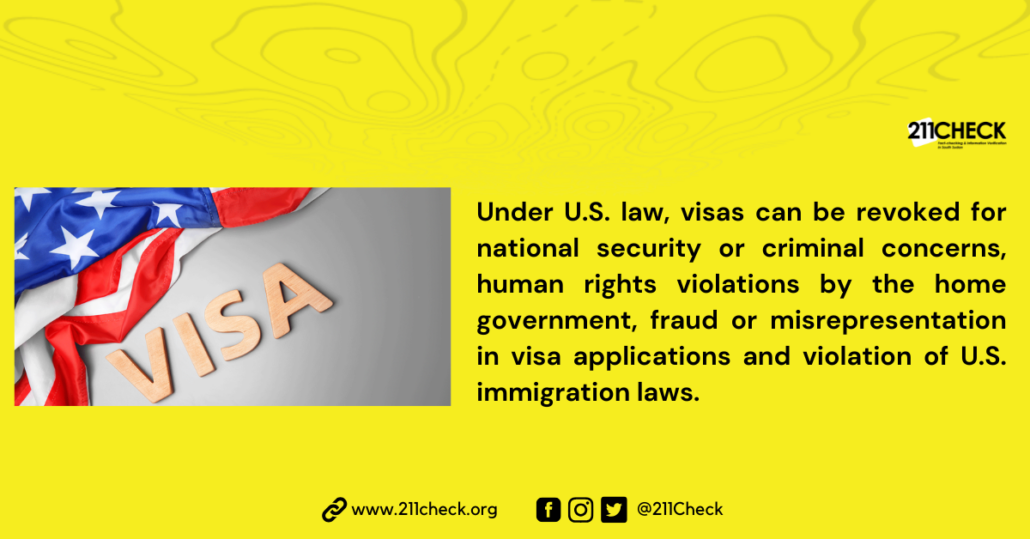 211 Check Website Graphic Feature
211 Check Website Graphic Feature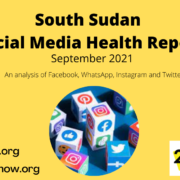
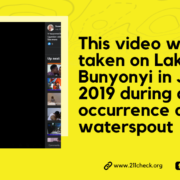
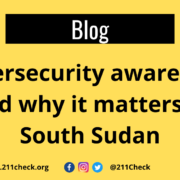

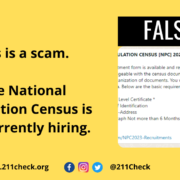


 211 Check Website Graphic Feature
211 Check Website Graphic Feature
Leave a Reply
Want to join the discussion?Feel free to contribute!